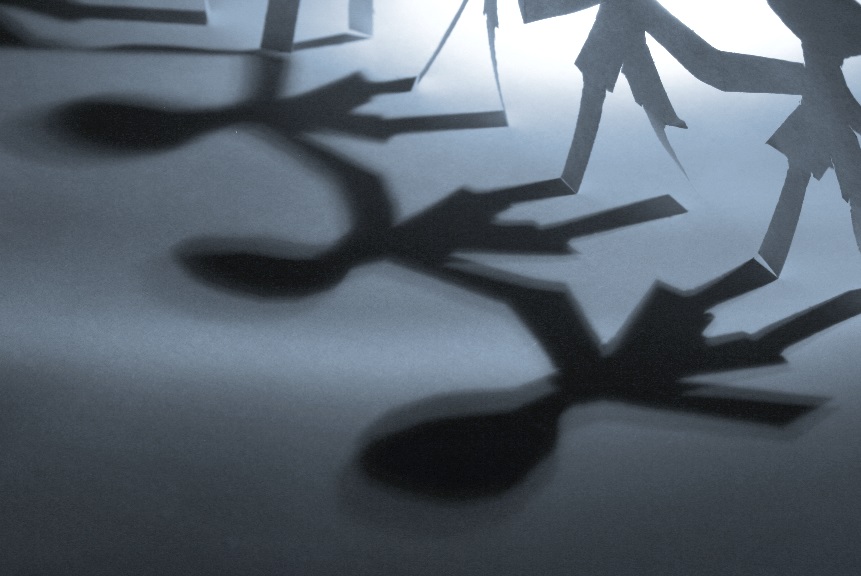I recently attended a conference on regional security issues with remarkable international participation. Evidently, the paramount topic in all presentations and debates was the war in Ukraine: what could have prevented it, how it is unfolding, what will be the wins/losses for Ukraine and Russia. And, given the military assessments summarized below, it should come as no surprise that the projections of the outcome were optimistic.
NATO forces were quickly and flexibly deployed at the alliance’s eastern borders.
The motivation of the Ukrainian army is outstanding and had not been anticipated. Moreover, a US general, who had an important command position, added that of all the armed forces he had met, American included, the Ukrainian military proved to be the most resourceful.
The Ukrainians have enlisted 700,000 men in the army and another 100,000 wish to join. A striking contrast to the personnel crisis facing the Russian army.
NATO countries keep providing military equipment in substantial volumes and are ready to continue this process.
The vast majority of Ukrainians whole-heartedly support the recovery of all lost territories, representing a strong support for any political decision not to surrender and to keep fighting.
The news is good and I can only hope it will be validated. However, aside from a talk about Ukraine’s strengths and the support given to it, a discussion at least as careful I think should be held about the vulnerabilities of Ukraine’s defense war. Because such an analysis is likely to reach the conclusion that the main vulnerability is not military in nature, but civilian.
 While the resilience of the Ukrainians is stout and unwavering, the resilience of the population in the countries that stand to suffer from the impact of Russia’s energy embargo is less certain. It is, of course, very easy and cool to fly the Ukrainian flag, to light up buildings in yellow and blue, to put on rosettes, badges and so on. None of this requires an actual sacrifice and the costs they entail are light-years away from the financial and human costs that Ukrainians bear.
While the resilience of the Ukrainians is stout and unwavering, the resilience of the population in the countries that stand to suffer from the impact of Russia’s energy embargo is less certain. It is, of course, very easy and cool to fly the Ukrainian flag, to light up buildings in yellow and blue, to put on rosettes, badges and so on. None of this requires an actual sacrifice and the costs they entail are light-years away from the financial and human costs that Ukrainians bear.
But to be forced to reduce the consumption of gas and electricity through higher prices or restrictions on the quantities delivered, to accept a lower temperature in the home, is a completely different story. It is a situation that, in the event of major social unrest, could simply lead to a significant change of attitude on the part of politicians in NATO countries with regard to the war in Ukraine, causing them to advocate for a rapid end to the war instead of a just one.
This makes the weakest link in Ukraine’s defense not to be of a military nature, but to come from the civilian part of the European countries, particularly those in Western Europe that are large consumers of imported energy and located at a comfortable distance from the conflict zone. Such a risk is even greater as the quality of the political leaders’ communication is questionable, being the expression of a suffering leadership in Europe and, to a certain extent, even in the US.
Let’s not forget that, a few months back, European politicians, but especially German ones, were “encouraging” their own citizens by explaining the impossibility of giving up Russian gas, as this would throw the streets into darkness and bring the cold in their homes. Now the message has changed and swings between an exaggerated optimism, such as “don’t worry, you will not suffer” and one that tries to anticipate “what” developments in energy/gas supply might occur in winter and “how” we would be affected by these things. What are the chances they motivate people to accept such a situation, to “buy into” their argument for intransigence towards the Gazprom blackmailing? Extremely small.
Because most European politicians do a very bad job explaining “why” it is necessary to accept such a sacrifice and what would happen otherwise. Basically, they totally ignore how important it is that any process of selling products, but also political ideas, start by answering the question of “why” instead of “what” or “how”. Perhaps if the political leaders had spent 18 minutes watching this video of Simon Sinek’s presentation called “How great leaders inspire action”, their approach would have been different, with a much more inspirational and motivational communication and we, the civilian population of the EU, would have been a much less weak link in the project for Ukraine’s defense.
As Sinek explains, communication should go from the inside of the Golden Circle hosting the “why” towards the outer circle, passing through the “how” and “what”. The explanation is that the part of the brain responsible for the decision-making is the same part that reacts to the explaining of the “why” and not of the “how” and “what”.
The more we are told “don’t worry, you won’t be affected in any way”, the harder it will be to explain “why” we will later have to accept a lower temperature in our homes. People will not do “what” they are told unless the first step is a clear and motivational explanation showing “why” they should accept and what could happen at geopolitical level if they did not do it. Unfortunately, this is precisely what is not happening; therefore, we remain the weak link of the resistance to the aggression.
Have a nice weekend!



